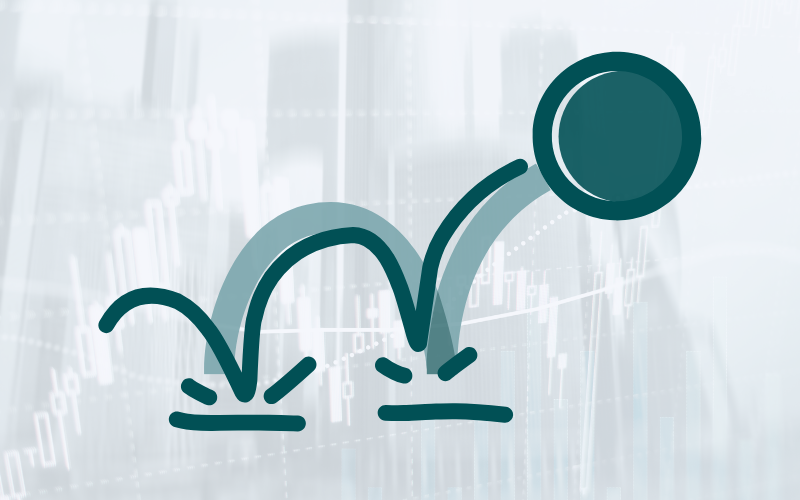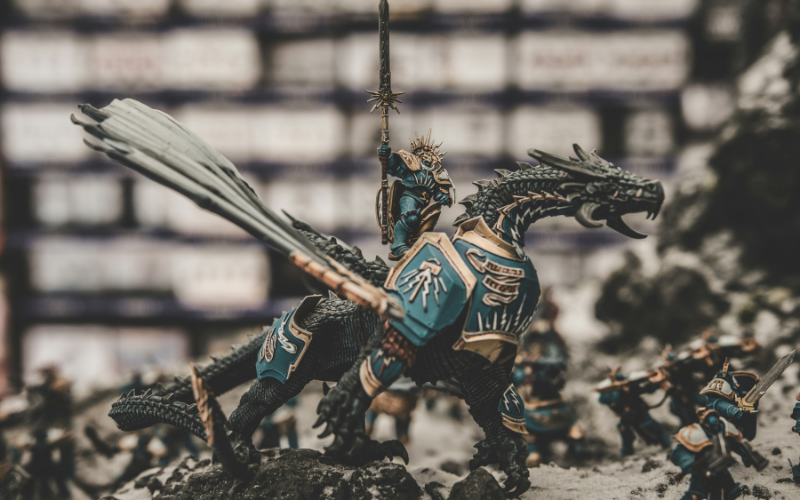Recent worries about tariffs have sparked a wave of client questions about the direction of the stock market. While the tariff drama has faded and markets have recovered, it’s still anyone’s guess what will play out next.
The good news? There are powerful incentives in place that benefit long-term investors.
1. Capitalism Rewards Wealth Creation
In our economic system, wealth flows toward those who allocate capital effectively. Great investors create enormous value—not just for themselves, but for their shareholders. Over time, those with the best track records earn more capital and influence, reinforcing a powerful cycle of innovation and growth.
Boards and executives are incentivized to meet and exceed profit targets with bonuses and stock awards. Underperformers are replaced. Hard-working employees with good ideas rise through the ranks. Even governments depend on growing corporate profits to boost tax revenues. And consumers? They always want more—more choices, better products and greater consumption—and businesses are motivated to meet those demands.
Everyone in the system—investors, managers, employees, governments and consumers—has a shared interest in growing corporate income. Owning stocks is a wise long-term investment backed by powerful incentives.
2. Good Times Follow Hard Times
This system isn’t without its flaws. At times, it can also reward overconfidence and excess. That’s why greed-driven booms are often followed by painful corrections or recessions.
But those downturns serve a purpose. They clear out unproductive ideas, eliminate weak businesses and reset expectations. This is the “creative destruction” that sets the stage for stronger future growth.
On the other side of every recession is a leaner, more efficient and more profitable corporate sector that is ready to grow again.
3. Valuations Reflect Risk, but also Opportunity
Stocks are inherently risky. As shareholders, you’re last in line—profits only flow to you after all other financial commitments have been met. And when a company fails, its stock can become worthless.
But this risk is not the primary problem. Failure to diversify and overpaying (even for great companies) are what gets investors in the most trouble.
When stocks are expensive, the odds of poor outcomes rise. The S&P 500 is highly concentrated in technology-oriented businesses, which tend to trade at a higher premium. Overall, the index trades around 21 times earnings—a historically high valuation that increases the chance of underperforming cash or bonds for years.
On the other hand, QV’s equity funds are more diversified and valued between 13–15 times earnings. At these more modest valuations, your odds of outperforming “safer” assets (cash and bonds) over the long run improve significantly.
4. Wealth Transfers from the Impulsive to the Patient
Becoming wealthy through investing doesn’t require brilliance. In fact, overthinking often leads to bad decisions. In looking to mitigate risk, ”smart” investors can imagine every possible way that things can go wrong. They frequently talk themselves out of staying invested.
Temperament matters more than intellect. Successful investors endure the volatility that others can’t stomach. Optimists look forward to better times. Broadly diversified stock portfolios have always recovered from downturns, but that recovery is only available to those who stay the course.
If you didn’t flinch during the recent tariff worries—or during the COVID crash—you passed a key test of market psychology.
Do you want to increase your odds of success? Then limit your exposure to fear-based media. It feeds anxiety and leads to impulsive selling. Try checking your portfolio only a few times a year. You’ll likely make better decisions as a result.
Conclusion: The Odds Are on Your Side
Capitalism isn’t perfect, but what it gets right is incentives. Every major participant in the economic system—investors, managers, governments and consumers—has a vested interest in seeing corporate profits rise.
Recessions, corrections and scary headlines will keep coming. But if you have the patience and perspective to stay the course, you’re playing a game where the incentives are aligned in your favour. In the long run, that’s what builds wealth.





